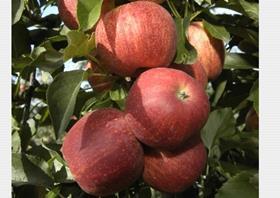
Reduced vessel speed (slow steaming) and added port stops introduced by container shipping lines to save money are prolonging Europe to South East Asia fresh-fruit journey times by one week or more, according to Mark Peyres, export manager for French fruit grower-shipper Blue Whale.
Ad-hoc route changes are also affecting transit times and causing delays to deliveries, he said.
“This creates a lot of problems for fruit supply programmes because it can affect quality and because customers need more stock in case of delay, which increases associated export risks,” he told Fruitnet.
“For some more delicate products, like kiwifruit and summer fruits like nectarines and plums, this increased transit time could kill long-distance overseas business,” Peyres said.
“We are really concerned that something announced by the shipping sector as a temporary measure two years ago is now common practice among all shipping lines. I will not be surprised to see a reduction in long distance business for fruit in terms of volume due to this change in transport.”
An increase in sea-freight costs to Thailand is also likely to affect French apple shippers this season.
Last year in Thailand introduced a new protocol that requires French apples to undergo cold-treatment en-route. The special equipment required to ship the fruit to this market has elevated export costs and increased the risk of exporting to this market.
Meanwhile, tougher import rules in Indonesia and a shorter French crop prevented French apples from being exported there last year.
Exporters are in discussions with Indonesian authorities and hope to be able to return to this market this season, Peyres said.
French apple volumes are expected to return to normal this season after a significantly reduced crop last year.
“We are back to normal this season so we can easily supply all markets,” Peyres said. “But despite our lower yields last year we managed to supply Asia quite well throughout the season.”



